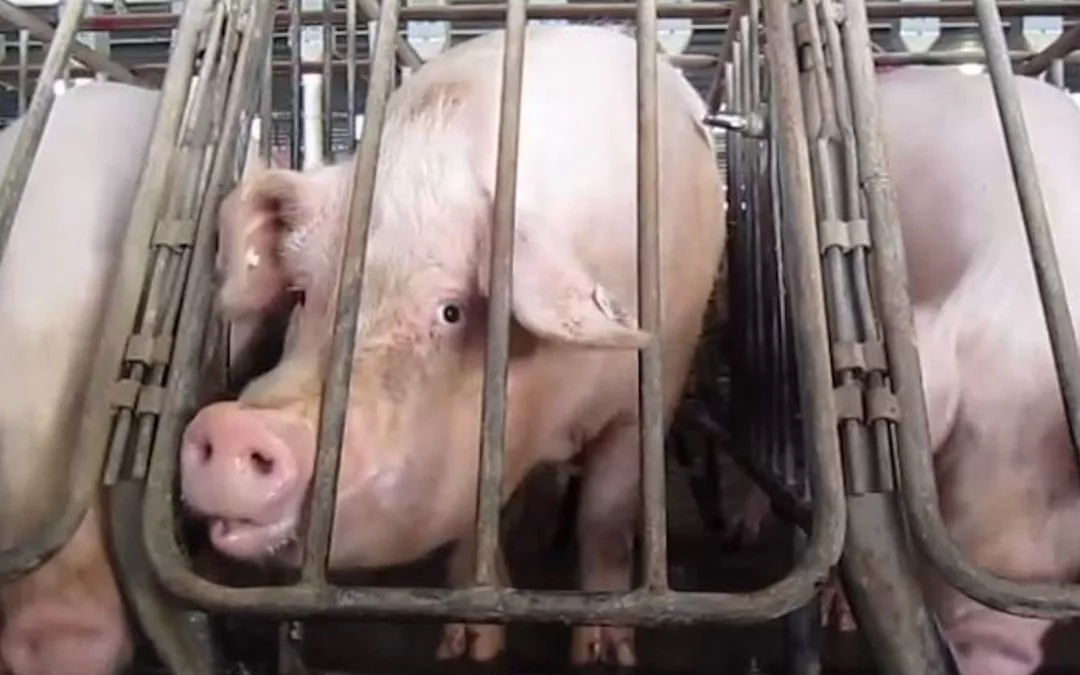A global switch to sustainable diets is essential for addressing the climate crisis, according to the Intergovernmental Panel on Climate Change (IPCC). The panel highlighted this important climate change mitigation measure and several others in its latest report, released in March, 2023. However, power exercised by non-scientists during the review process significantly hampered the strength of this recommendation.
The IPCC chair, Hoesung Lee, warned during a press conference for the report’s launch that “we are walking when we should be sprinting” on climate action. The synthesis report showed what impact this slow pace of action is having, including threatening food systems around the world. As the report made clear, communities in the Global South are primarily facing the “largest adverse impacts” to their food and water security from extreme weather and climate events.
The emissions from meat-heavy, unsustainable diets—such as those typical in wealthier, industrialized nations of the Global North, such as the US and the EU member states—contribute to these Southern communities’ climate crisis-related vulnerabilities.[1] Instead of exercising power to control the narrative, true dietary change in wealthier, industrialized countries would increase the chance for all people to have adequate and healthy diets within a climate mitigation future.
To continue reading this story, please follow this link to Stray Dog Institute, which originally published the article.
Featured image via Humane Society of the United States / Wikimedia, cropped to 1910×1000, licensed under CC BY-SA 4.0

